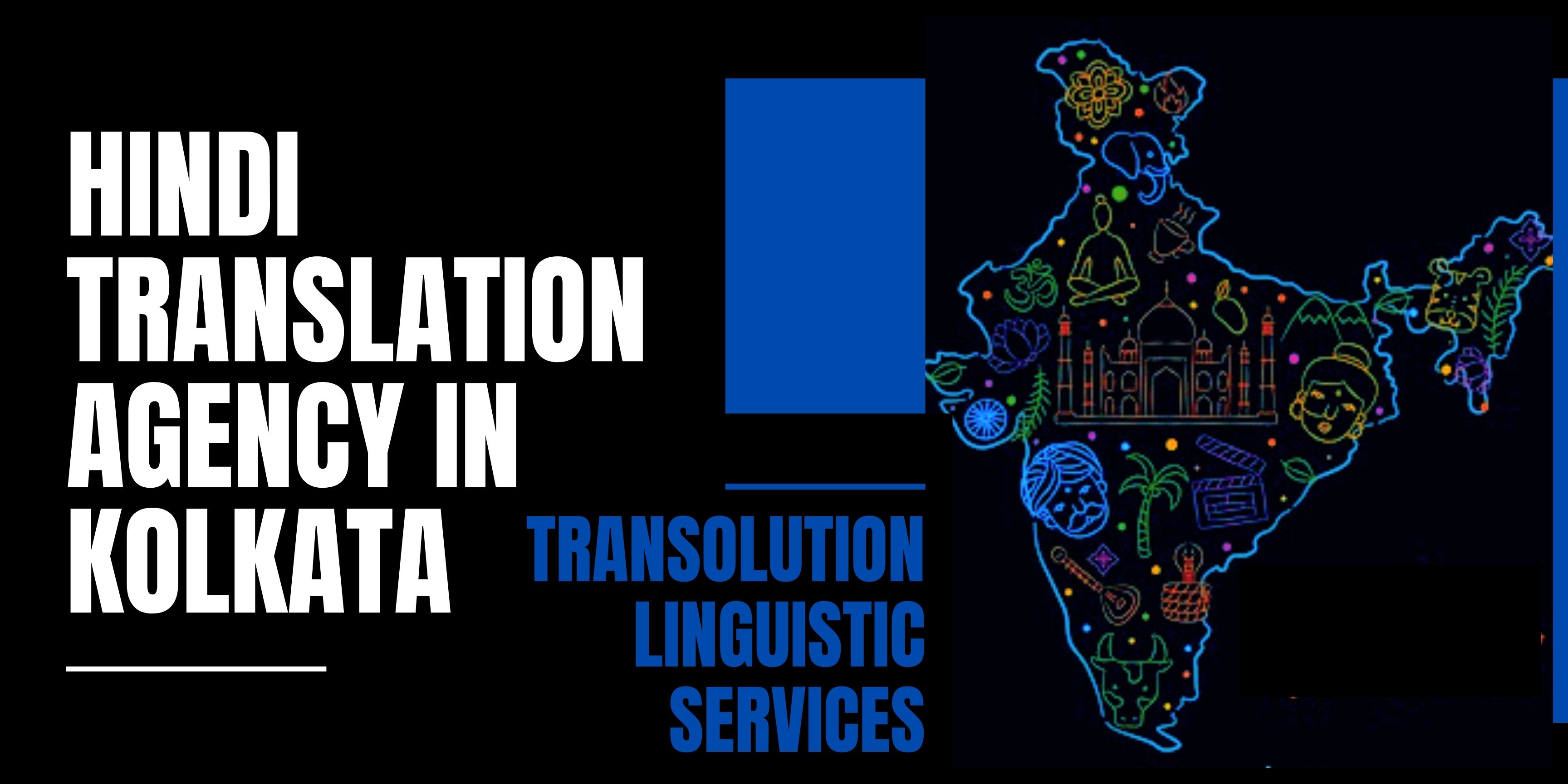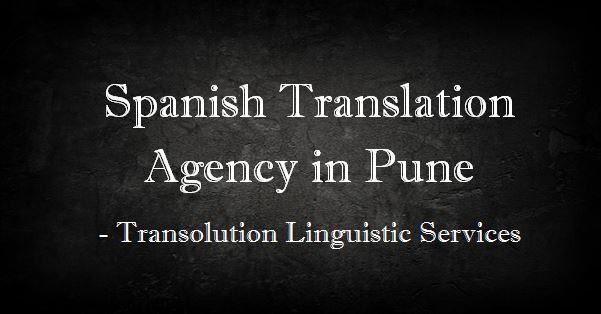Diversity in French Language
Search Topic: French language, French spoken in France, French spoken in Canada, Canadian French, spoken French, Continental French, native speakers, certified translation agency
French comes from the Latin group of languages which was developed between 5th and 8th century. It is now spoken by roughly 275 million speakers and across 25 countries. French is a language with many dialects. Like English, French language is also spoken in many countries. Listed below are the countries that have French as their official language.
|
|
|
|
|
|
|
|
|
|
|
|
|
|
|
|
While listening to the French spoken by people of these countries you might have noticed little differences. The French spoken in France is different from the French spoken in Canada and the French spoken in Canada can be different from the French spoken in Belgium or Haiti.
The most noticeable difference is seen between France’s French and Canadian French. It differs in vocabulary and pronunciation to quite an extent. The Canadian French is different because of its history and geographic location. The major differences are as follows.
Grammar
Spoken French in Canada is slightly different from Continental French which might be challenging for people who are not familiar with European French. Like the prepositions are shortened, for example, sur la is replace with s’a and dans les is replaced with dins. Other example might be that on is used instead of nous in spoken Canadian French. They also replace vous with tu more frequently which can be offensive in Continental French.
Pronunciation
French spoken in Canada has a nasal intonation which is avoided by French people. This leads to a shift in pronouncing the vowels, for example, their ‘an’ sounds more like ‘in’ and the consonant ‘r’ has a flat sound where as in Continental French it has a trilled pronunciation.
Vocabulary
Some words are confused because one word means two different things in the respective language, for example ‘char’ means ‘car’ in Canadian French but ‘chariot’ in Continental French. The spoken French in Canada contains a lot of words adapted from English language but people in France hardly use any English words. Though, formally while speaking Canadian French these English words are avoided, altogether.
The differences are minor but if they are not taken proper care of while translating or localizing then it might not sound right to the people of these regions. While translating a material or localizing a product or services, the people doing it should know who the targeted audience are so that they could deliver accordingly.
We here at Transolution Linguistic Services, as a certified translation agency in India, understand these differences. As a translation agency that have been in business for a decade now, we consider it as our duty to understand all the aspects of a language and that is why we always use native translators for a particular language because someone who have not been part of the culture whose people speak this language then they might not know the language completely.












